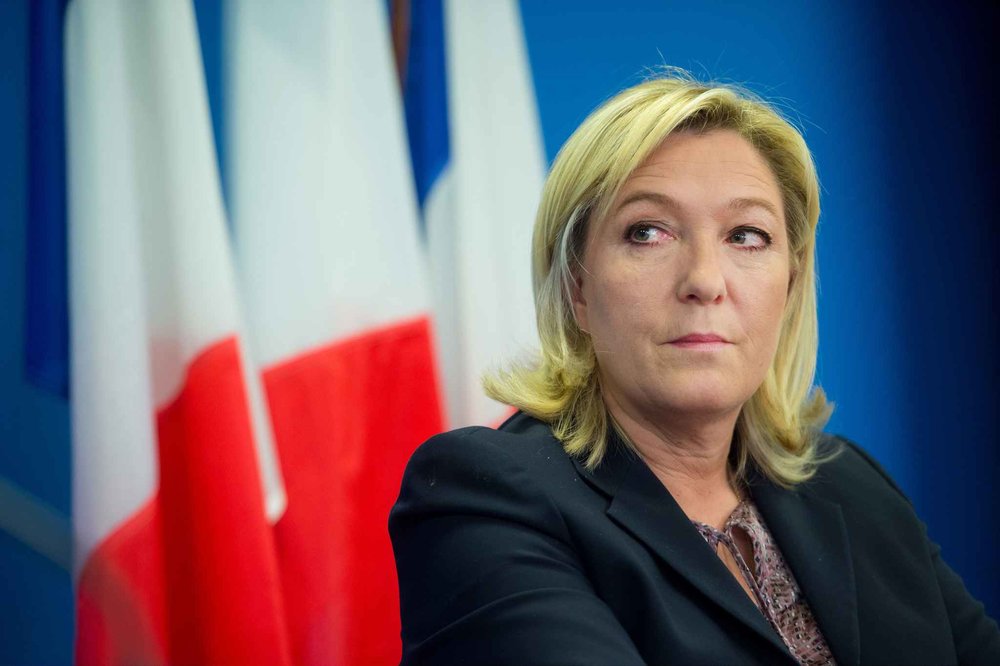A defining French vote

Presidential elections this spring could signal the end of the European Union.
The world won’t have to wait until German Chancellor Angela Merkel faces voters in September to have a clear idea of where the European experiment is headed.
In two rounds of voting April 23 and May 7 French voters will choose a president to replace François Hollande, one of the least popular democratically elected officials in recent memory.
Hollande is not running again, but whatever candidate emerges from his Socialist Party in preliminary voting Jan. 22 and 29 is not expected to make the final vote between the top two contenders May 7.
One of the finalists almost certainly will be Marine Le Pen, the leader of the far-right National Front. Polls show she’s trailing only François Fillon, the candidate of the center-right Republican party.
Of course, polls last year showed Britain’s “Brexit” referendum to leave the European Union going down to defeat. And they showed an establishment American presidential candidate, Hillary Clinton, besting a political neophyte, Donald Trump. No longer sure of the value of polls, one French newspaper, Le Parisien, has vowed not to publish them.
Le Pen is often compared to Trump, with her strong views on protecting “traditional” French society from immigrants, including stronger border controls. She’d also like to say goodbye to the EU, in a so-called Frexit.
The advantages of open borders for goods, a common currency for commerce, and passport-free travel for individuals between EU member countries once seemed like such a good idea to many that the thought of going backward was unfathomable.
But trade and currency unions have not provided ties that really bind the EU. Concerns over terrorism (most notably a July 14 attack in the French Riviera city of Nice, followed by another at a Christmas market in Berlin Dec. 19) have many in France questioning the value of open borders and eyeing newcomers with suspicion.
Le Pen also wants to withdraw from the euro, the common European currency. “The French want less Europe and more France,” she said in a radio interview.
But recently she’s also tried to soften her rhetoric, well aware that she’s never been so close to winning the presidency.
The idea that centrist and left-leaning voters will rally around Fillon is not a given. He’s proposed tough economic reforms, including chopping 500,000 jobs from the government payroll and lengthening the 35-hour workweek, moves that are drawing comparisons with 1980s-era Conservative British leader Margaret Thatcher. French voters may be less than enthusiastic about such an economic shock treatment.
A principal aim of an economic union after World War II was to create closer bonds between European countries – centered around a German-French hub – and prevent another war. It has served that early purpose well.
(Source: The SCM)
